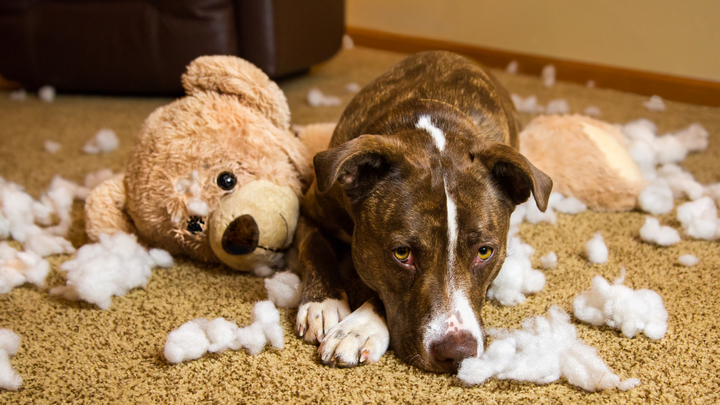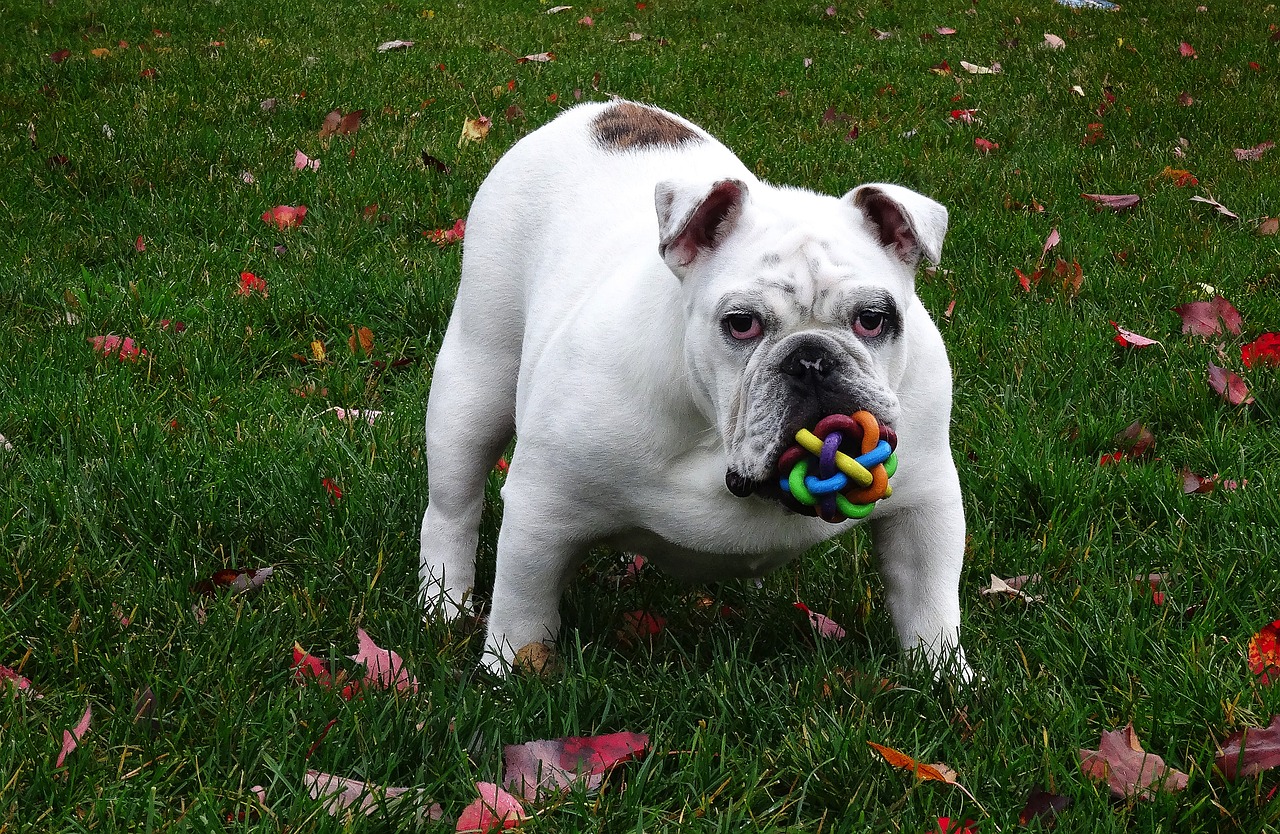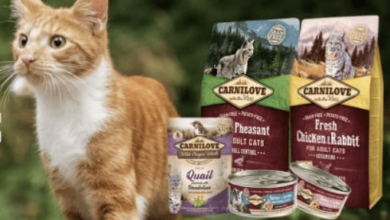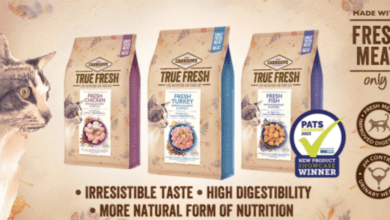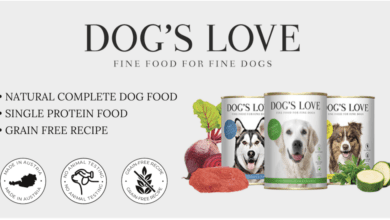Playtime regulation

Constantly, pet manufacturing and retail professionals are reminded of how owners are beginning to think of their pets as more than just a pet, reinforcing the special bond between them and their owners. Research by Natures Menu found that half of the nation views a dog as their best friend, with as many as 64 percent of people saying they had a “special friendship” with a dog. Last month’s issue of Pet Gazette saw an investigation into the recent success of independent pet food manufacturers putting an emphasis on quality ingredients signifying just how important owners consider their pets in all areas. In the feature, Nicole Paley of the Pet Food Manufacturing Association (PFMA) noted that pet food trends are beginning to mirror the “human food arena” adding that consumers currently think: “what is good for me, is also good for my pet”. With current consumer demand asking manufacturers to use ingredients that would be considered fit for human consumption, accompanying guidelines and regulations means it is almost certain that companies producing food that could prove hazardous to animals will face consequences.
The story does not appear to be the same for the toys given to the nations’ dogs however. Discarded squeaky toys are a staple of almost every dog owner’s house and pooches are trusted to play with these toys with little worry of injury or illness. But should both owners and manufacturers alike not be worried that the toys dogs are often left alone with are virtually unregulated and could lead to costly vet bills and lawsuits? PetQuip, the international trade association of pet equipment suppliers say that pet toy regulation is mostly carried out by the EU Toy Safety Directive, however with this directive being aimed towards toys for human children, it is not foolproof. An extensive search for a list of regulations in British law to ensure pet toys remain safe found no regulations that were not related to human children’s toys.
Recently, a dog’s jaw became stuck in a £13.99 Foobler toy purchased from Aldi, leading to a £350 vet bill for its owner in order to have it surgically removed. The owner let the dog play with the toy while she was at home, saying: “I fear that if I wasn’t home when this happened she [the dog] would’ve died.” The owner demanded that the toy was removed from sale and that she was reimbursed for her vet bills. The toy’s listing on the Aldi website gave no mention that it was unsuitable for heavy chewers – as the manufacturer claims – and the toy is still available for sale on Aldi and Foobler’s website at the time of writing. Foobler’s parent company, Company of Animals failed to answer on numerous occasions when contacted regarding pet toy regulation.
A statement from Foobler at the time said: “Our [design] for this toy is not intended for chewing. Throughout the design process, we consider the playing experience and education value to dogs. We do continue to improve and consider how it works for different dogs, and put our experiences and messages in the instructions.
“We did include information in the packaging that the toy is not suitable for heavy chewers, as well as the mouth size information. It was a rare case as we have sold the item for four and a half years. But we really want to improve it and try to understand how this happened. So we are insisting to have improvements made to avoid this happening again, even if it is a really rare issue.”
PetQuip says that all toy manufacturers should state that their toys are ‘for supervised play only’, however this raises the question of whether in incidents such as with the Foobler, the dog’s owner could’ve done anything to prevent an injury. It only takes a split second for an animal to bite into a toy, so it is arguable that the incident would’ve turned out no differently if the dog had been directly in front of its owner. As the trade association for pet toy manufacturers, some might say it is concerning that PetQuip has no regulation guidelines for its members and is reluctant to comment on why there is none. A PetQuip spokesperson said: “Most toys should only be given to a dog for supervised play if you wish to be entirely certain that no harm comes to them such as choking,” however, no data was provided to back up their claim that direct supervision will make it “entirely certain” that the animal will not be hurt.
In an attempt to make up for the lack of legislation, animal welfare charities such as the RSPCA have made their own list of trustworthy equipment. The RSPCA has gone as far as to set up its own shop, only selling toys that are tried and tested by the charity. When asked about the lack of regulation in the pet toy industry, an RSPCA spokesperson said: “We would welcome regulations in place for manufacturers, alongside a requirement for detailed product labelling, such is the case with children’s toys, to encourage product safety standards. This will help owners make better informed decisions about the suitability of a particular toy for their pet.”
The RSPCA spokesperson added that the charity has its own recommendations to owners when purchasing a toy. The spokesperson says that owners must “carefully choose the toys that are most suitable for their individual dog”, explaining that the “size of the toy”, “material the toy is made from” and “durability” are the key factors owners should be thinking about when buying a toy for their dog. The charity echoed PetQuip in saying that “owners should also keep a close eye on their pets when they are playing with toys” as this could prevent an accident.
Across the pond in America, the same issues are prevalent with pet toy manufacturers adopting regulations for children’s toys which they have no duty to comply with as long as they state that the toy is for animals only. Although no figures for toy related pet deaths in the UK exist, in the US it is said by the FDA that 1,100 dog deaths which happened between 2007 and 2015 were related to edible play items such as bones and chew sticks. With large manufacturers in America and Europe choosing to adopt children’s toy regulations for pets, it seems pet toys that are ‘suitable for children’ have passed safety tests for children’s toys, making them the safest option for owners. Children’s toy tests are not perfect however, as chemicals that are fine for human toys may be toxic to animals.
Regulation in the pet toy industry looks well overdue, with charities such as the RSPCA prepared to welcome new regulation, it seems surprising that little to no campaigning has been done on the issue when everyone could benefit from new regulation from companies protected from lawsuits to increased customer trust.








